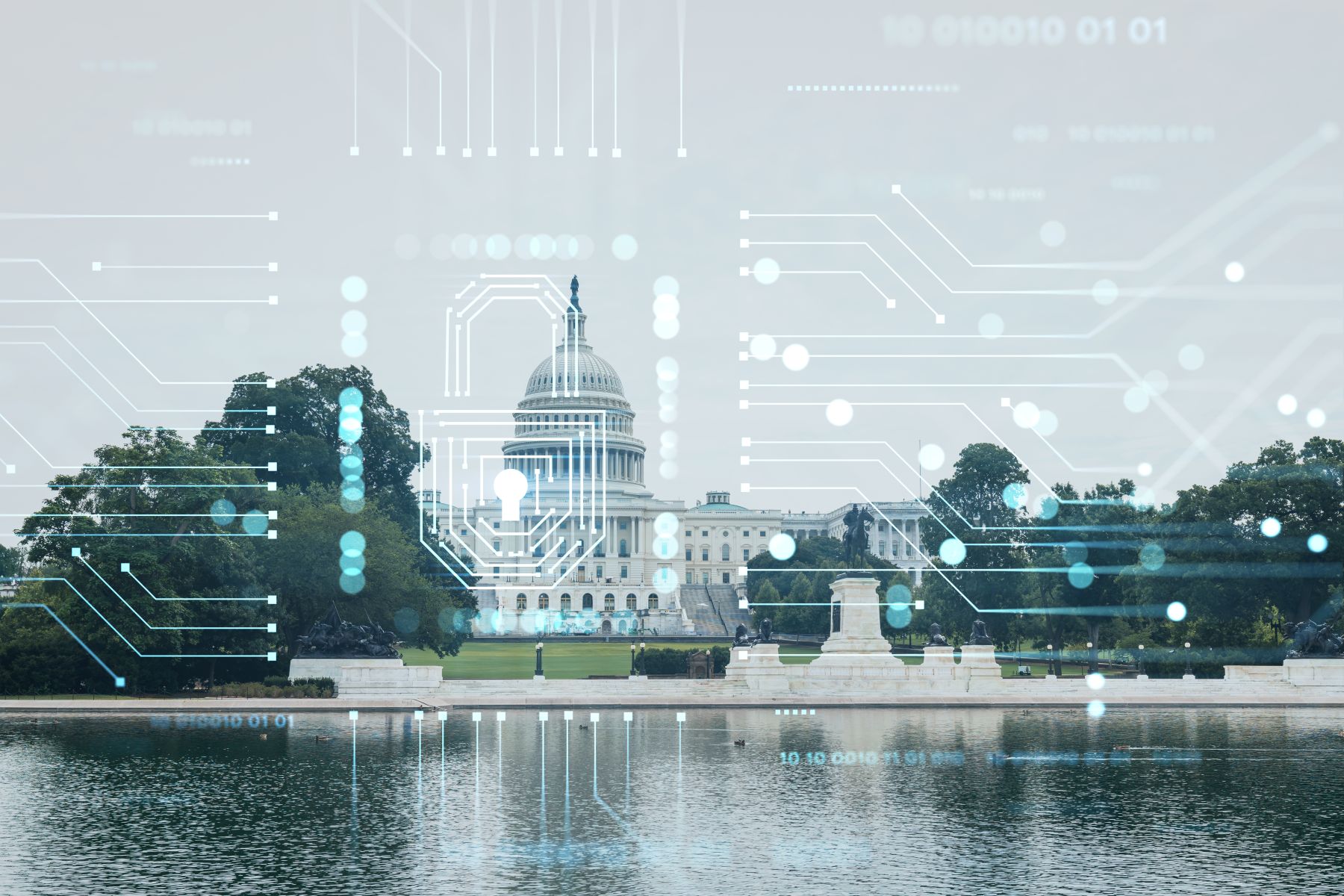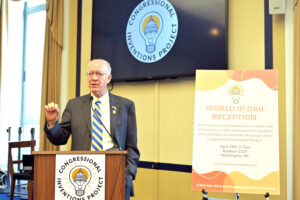The U.S. Constitution embeds intellectual property (IP) rights as a cornerstone of American innovation, granting creators and inventors exclusive rights to fuel a culture of ingenuity. According to a new CSIS report, these protections are vital for encouraging risk-taking, attracting investment, and safeguarding small businesses, ensuring the U.S. maintains leadership in critical technologies like AI. However, decades of inconsistent U.S. IP policies—marked by legal uncertainty and weakened enforcement—have eroded this foundation, allowing adversaries like China to exploit gaps through IP theft and forced technology transfers, threatening both economic and national security.
The report highlights how an unstable IP environment undermines America’s ability to compete in a rapidly shifting global landscape, where technological dominance is fiercely contested. Domestic missteps, such as proposals expanding march-in authority or misinterpretations of patent laws, coupled with foreign exploitation, have diminished the predictability innovators rely on. The CSIS report urges the new administration to act decisively by integrating IP into national security strategies, bolstering the U.S. Patent and Trademark Office, and leading global IP standards to restore a secure and stable framework that empowers innovation.
By revitalizing IP protections, the U.S. can secure its technological and economic future, fostering resilience against global competitors. The report’s recommendations offer a roadmap to strengthen enforcement, reduce legal uncertainties, and reaffirm America’s commitment to a thriving innovation ecosystem.
Read the full CSIS report to learn how robust IP rights can power U.S. prosperity.






